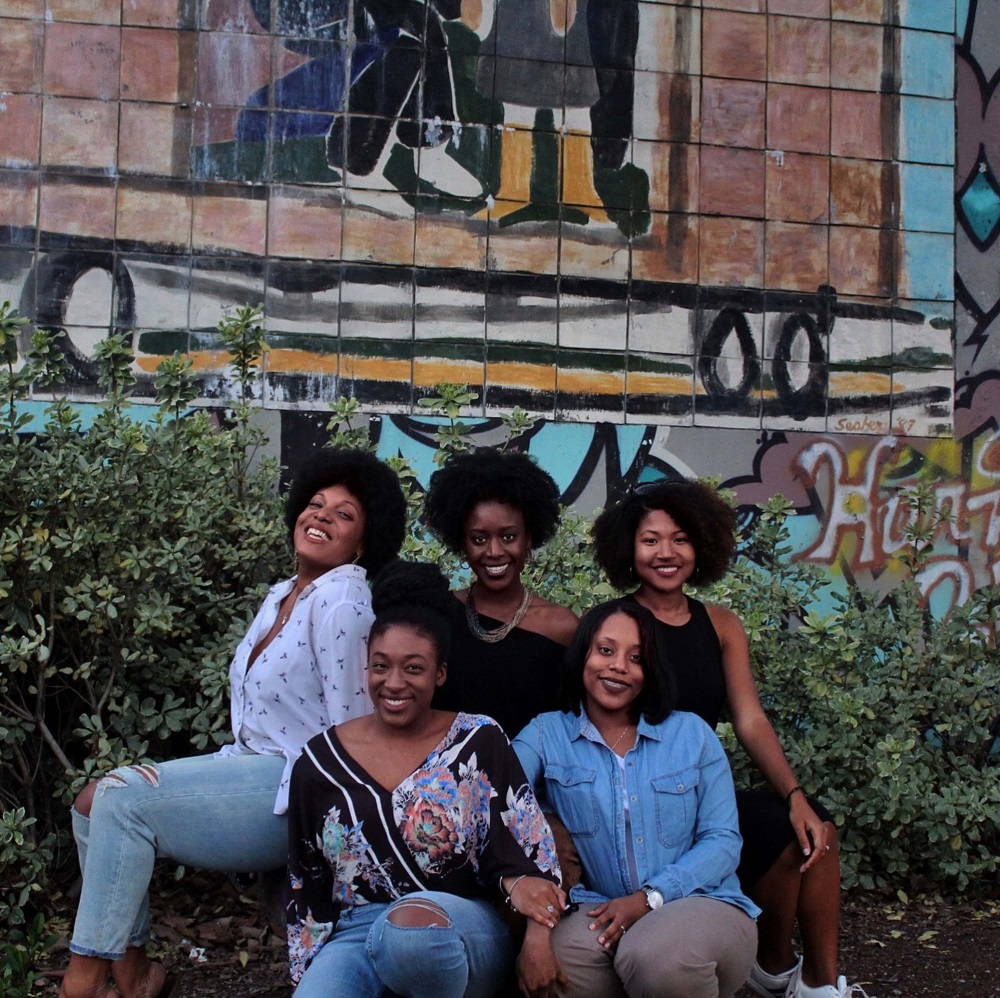By Ife Olusegun
Posted on December 31, 2021
Justin Simien is a Black American filmmaker, writer, and producer, best known for his first major feature film Dear White People (2014), followed by the Netflix-adapted TV series “Dear White People” (2017-2021). Both the film and the TV series have been critically acclaimed, and have each garnered multiple awards and nominations applauding the directing, the writing and acting. The inspiration for Simien’s film and TV series were born from his own feelings surrounding the transition that took him out of a multicultural high school in Houston, Texas to California’s predominantly white Chapman University. This article will be focusing on the elements and themes related to the TV series.
The “Dear White People” TV series is a satirical dark comedic drama that follows six Black students who try to navigate issues surrounding racism and oppression while attending Winchester University—a predominantly white, fictional Ivy League college in the U.S. The series starts off with the main character Samantha White (Sam), played by Logan Browning, hosting her campus radio show titled “Dear White People” where she emphasizes her frustrations regarding the microaggressions and macroaggressions that she and her Black peers receive from some white students at the institution. The dramatic event that Sam introduces to us involves the “Dear Black People” party, a blackface party held by Winchester’s predominantly white magazine group Pastiche in response to Sam’s radio show. This is the first racial incident that the show covers, giving way for a number of themes to be represented in the series. The themes that will be shared in this article include racism, colourism, and interracial relationships.
This U.S. series sheds light on these topics in an absurdist and comical manner—many themes in the show are exaggerated and showcased as if they should be irrational. When I watched the series the first time around, I felt quite offended by multiple scenes and was confused at the portrayal of some of the Black characters. However, according to a Vulture interview with Simien, these uncomfortable feelings are meant to be provoked by the series, and are actually welcome. Simien uses “Dear White People” in an attempt to culturally transition the approach of racial matters into a freer space.
Racism
Simien interestingly, and frankly put, cleverly illustrates how incongruous racism, colourism and interracial relationships can be within the Black community, and within the community as a whole. As aforementioned, we are initially faced with a blackface Halloween party held by a white magazine group at Winchester University. Another leading character, Lionel, played by Deron Horton, does some research to uncover how the administration could have possibly allowed a party of this nature to take place. It was revealed that no one other than the host of “Dear White People,” Samantha White herself, had hacked into Pastiche’s accounts and sent the invite to create an opportunity for her to film how many white students were willing to participate in blackface.
My primary response to seeing this for the first time was “Really? We are in the late 2010’s. This cannot be happening now, especially considering the fact that it was essentially a forced invitation made by a Black person.” However, regardless of who made the invitation, some people still showed up in blackface as their Halloween costumes. This parallels uncannily to a scenario that occurred in Hollywood a couple of years ago. In 2012, Billy Crystal, an American actor participated in an SNL skit where he was wearing blackface, imitating the Black American singer Sammy Davis Jr. One would think that he would have faced an intense amount of backlash, however, the responses to his skit were quite varied. One white Youtuber even supported Crystal’s portrayal in blackface. I believe that Simien installed this segment of the series in an attempt to allow its viewers to open their eyes and pose the question: “If a blackface party were to be held in 2021, how many people would participate in it?” In a sense, it is a call for awareness that should not be overlooked.
Colourism and interracial relationships
Colourism and its role in interracial relationships was also quite a prominent theme in the series. The message that was teased across the show was that if one is biracial, just as the main character Sam is, they essentially have to earn their spot in the Black community by over-advocating for Black issues, and only associating with Black people. Simien paints this message in multiple layers:
- Sam continually tries to “earn” her spot in the Black community by indulging almost exclusively in Black and racial issues on campus. We see this through her aggression in relation to her campus radio show. She goes as far as to speak over dark-skinned Black women’s experiences and focus on how she as a Black woman is being oppressed, as opposed to sharing stories equally and acknowledging her biracial privilege.
- She shames her Black dark-skinned peer Coco, played by Antoinette Robertson, for having white friends and choosing to wear a weave instead of showing off her natural hair.
- She is ashamed of taking the next step of a relationship with her white “boyfriend,” and her Black peers make fun of her for being involved with a white man. Some go on to say that she is abandoning the Black culture.
- She rejects her white father, despite him being nothing but understanding, supportive and kind to her.
These are just a few examples surrounding Sam, but there are multiple cases across the entire show and with different characters. In my perspective, initially, these scenes and elements seemed incredibly counter-productive. It baffled me as to how a supposedly pro-Black TV series could aimlessly pit Black women and Black characters against each other over how they wear their hair, or how they choose to present themselves. With an untrained and mindlessly watching eye, I believe that it is quite easy to develop a certain aversion to these messages, just as I did. It takes an appreciation for the undertone of the concept to truly understand what Simien is trying to achieve. These concepts are indeed shown through the absurdist lens. The feeling of aversion that is associated with watching this is actually progressive—we should not want to see Black women go against each other, or have feuds between each other based on how they decide to dress, who they fall in love with, or how they wear their hair. In an ideal world, these conflicts should not be happening, and Simien is showing us this by putting the antithetical version in front of us.
All in all
In all honesty, it took me numerous hours of research not only on the show, but on what Justin Simien was trying to represent to come to a deeper understanding and appreciation for this series. It was incredible for me to come to the realization of what this show means not only to him, but to renowned critics as well. The themes are covered in an absurdist manner, full of comedy, while subtly urging us to think differently than what we are being shown. “Dear White People” is available to be streamed on Netflix in Canada. If you decide to watch it, make sure to keep an open mind! Happy watching!

Black women supporting each other

